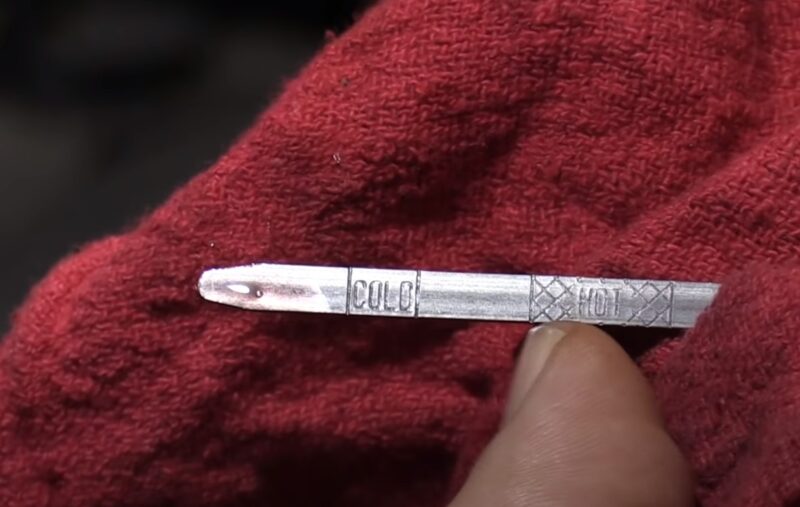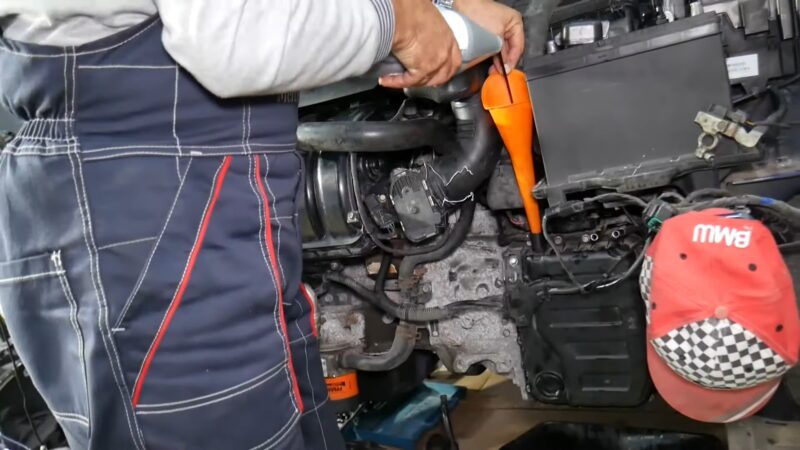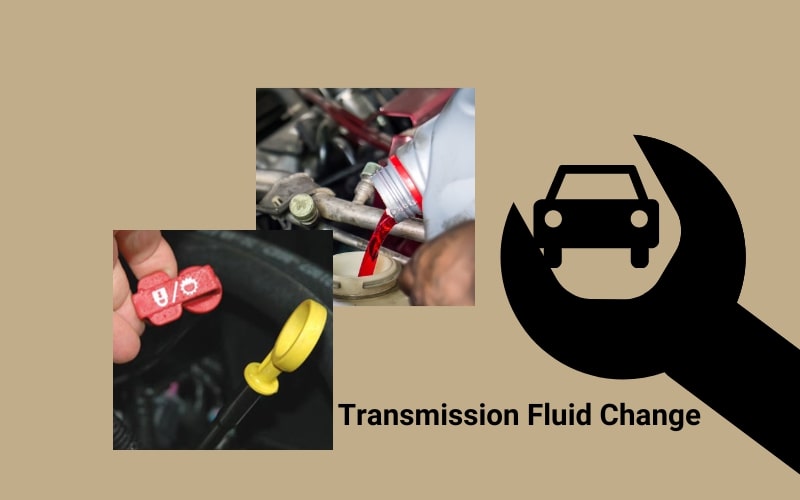Maintaining your vehicle’s transmission system is crucial for its overall performance and longevity. Ignoring early signs of transmission trouble can lead to extensive damage and costly repairs. This article emphasizes the importance of regular transmission service, including fluid changes, to prevent major issues and keep your vehicle running smoothly.
It provides insights from expert mechanics on the costs associated with transmission repairs and fluid changes, and the benefits of regular maintenance. It also discusses common transmission problems and the potential risks of neglecting these issues. If you’re curious about the cost of a transmission fluid change or need professional transmission repair services, this article will guide you on the right path.
Prevent Costly Transmission Repair!
At the first sign of transmission trouble, it is wise to get your vehicle into an auto shop as soon as possible so that you not only prevent extensive damage to your vehicle but that the cost of the required repair will be less. The smaller the transmission repair, the less money and the less time it will take to the shop. As per Expert Mechanics, The Cost of Transmission Repair or Fluid changes ranges from $80 to $250. Our Auto Experts recommend getting the filter replaced and pan cleaned every time the fluid is changed.
If you keep your vehicle long enough, the transmission system will eventually be affected by issues because it is constantly exposed to both heat and stress. A conscientious vehicle owner will make sure to have frequent transmission service, which typically includes a transmission fluid change. Here is why:
- Shifting Problems: It may be hard to shift into gear or there could also be a random popping out of gear. This is a dangerous problem that could potentially result in an accident because the driver has basically lost control of the vehicle.
- Worn-out parts: If the components of the transmission system start to wear out, you may find yourself forcing the shifter into the next gear, causing your vehicle to lurch or jerk while shifting. To avoid this issue, have the system inspected regularly by transmission repair experts to help identify the various parts of the system that are starting to wear out.
- Major transmission repair: It is much cheaper to keep up with the recommended transmission service intervals rather than waiting until a major transmission repair is required. Don’t let the cost of service prohibit you from taking care of your vehicle, as more money may be spent in the long run due to the damage incurred if repair is neglected.
The Importance of Using Quality Transmission Fluid

Transmission fluid plays a pivotal role in the functioning of your vehicle. It serves multiple purposes, all of which contribute to the smooth operation of your car. Firstly, it acts as a coolant, helping to maintain the optimal temperature of the transmission system. This is crucial because the transmission system generates a lot of heat due to the friction of moving parts, and without proper cooling, it can overheat, leading to severe damage.
Secondly, transmission fluid acts as a lubricant, reducing friction between the moving parts of the transmission system. This helps to prevent wear and tear, prolonging the life of your vehicle’s transmission. Lastly, the fluid helps in transmitting force from the engine to the transmission, enabling your vehicle to move.
Using high-quality transmission fluid is essential. Low-quality fluid may not perform these functions effectively, leading to increased wear and tear, overheating, and inefficient force transmission. Therefore, investing in quality transmission fluid is a small price to pay for the longevity and performance of your vehicle.
The Role of a Professional Mechanic

When it comes to diagnosing and fixing transmission problems, the role of a professional mechanic is indispensable. Transmission systems are complex, and handling them requires specialized knowledge and tools. A professional mechanic has the training and experience to accurately diagnose transmission issues, from minor problems to major malfunctions.
Once the problem has been identified, a professional mechanic has the skills to fix it effectively. Whether it’s replacing a worn-out part, changing the transmission fluid, or carrying out a major repair, a professional mechanic can ensure that the job is done correctly and safely. They can also provide valuable advice on maintaining your transmission system to prevent future problems.
Preventive Measures

Preventing transmission problems is always better than dealing with costly repairs. Here are some preventive measures you can take:
- Regular Maintenance: Stick to your vehicle’s recommended maintenance schedule. This includes regular transmission fluid changes and inspections of the transmission system.
- Avoid Overloading: Overloading your vehicle puts extra stress on the transmission system. Always adhere to your vehicle’s weight limit.
- Drive Sensibly: Aggressive driving, such as rapid acceleration and hard braking, can cause unnecessary wear and tear on your transmission. Drive smoothly and sensibly to prolong the life of your transmission.
Conclusion
In conclusion, maintaining your vehicle’s transmission system is a crucial aspect of vehicle ownership. Using high-quality transmission fluid, seeking the expertise of professional mechanics, and taking preventive measures can significantly enhance the performance and longevity of your transmission system. Remember, the cost of regular maintenance is always less than the cost of major repairs. So, take care of your transmission, and it will take care of you on the road.
